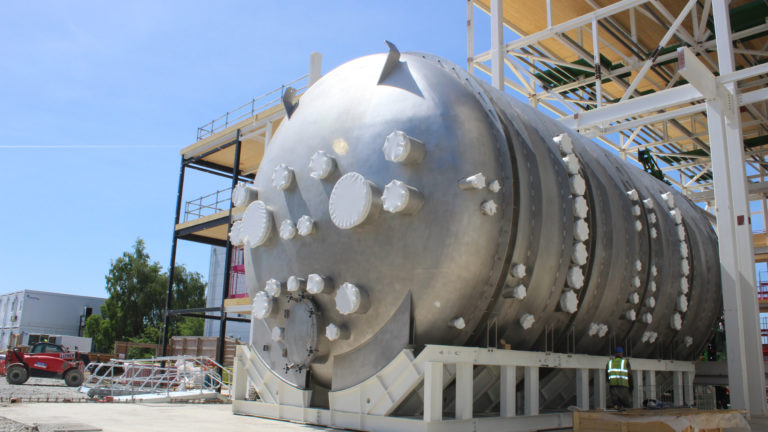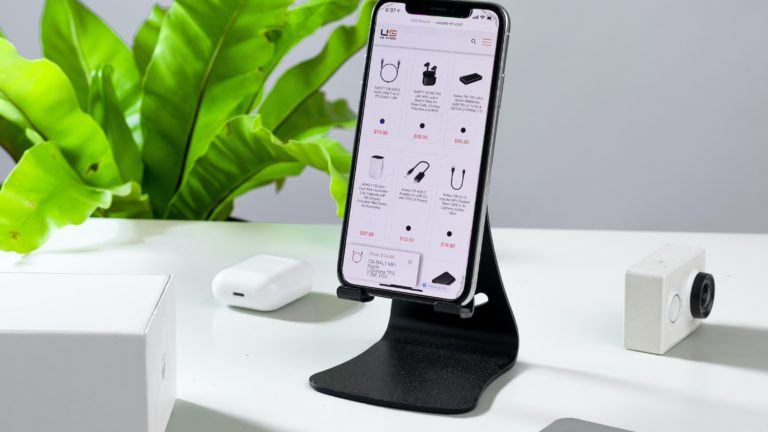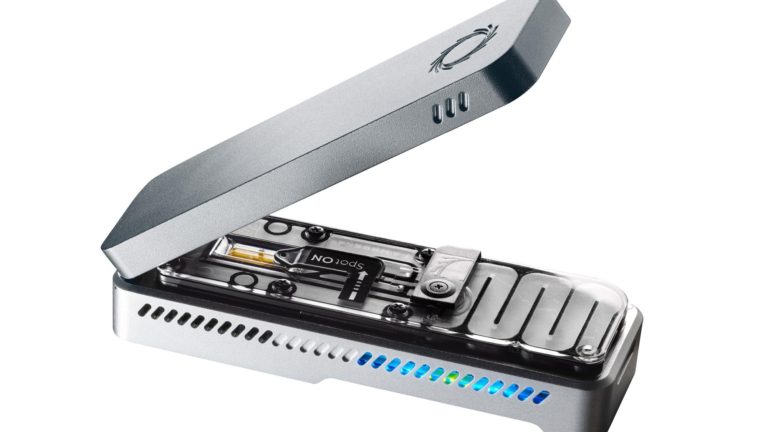Penlon ventilators at Nightingale Bristol. Pic: Penlon
Penlon gets green light in Ventilator Challenge but reduced demand sees end of government support for OxVent device
An emergency ventilator developed by Abingdon-based Penlon has been selected for continued support from the UK government as part of its Ventilator Challenge. The Penlon ESO 2 was the first newly-adapted device to receive regulatory approval as part of the challenge and is being manufactured at scale and speed. The government has ordered 15,000 and the first batch have arrived for commissioning at NHS Nightingale Hospitals in London and Bristol.
The Penlon ventilator is a newly-adapted design that meets the rapidly manufactured ventilator system specification. It is a fully intubated mechanical ventilator designed to provide support to critically ill patients with a range of functions including volume and pressure controlled ventilation.
The government stated that an additional 2,400 mechanical ventilators have been made available to the NHS since the start of the pandemic, with over 250 coming from the Ventilator Challenge so far. The UK now has 10,900 mechanical invasive ventilators available to the NHS, as well as 4,300 non-invasive devices. The decision to continue its support for devices was based on factors including feedback from testing, projections for ventilator demand, the availability of other devices with regulatory approval and progress to date on each device’s overall development.
Following the clinical and regulatory review, the government announced it is ending support for four devices in the Ventilator Challenge, including the OxVent ventilator, rapidly built and tested by a multidisciplinary team from Oxford University, King’s College London and Smith+Nephew in Hull.
On behalf of OxVent, Professor Mark Thompson of Oxford University said: “Every member of this outstanding team of engineers, medics and manufacturers has shown determination and drive, overcoming challenges while working at speed with ingenuity and focus. Responding to the Covid-19 crisis, using our talents and resources to the full, is a personal mission for all of us, and we are committed to sharing the resource we have developed with other countries where there is an urgent clinical need.”
OxVent went on to say how proud it was to have mobilised so quickly in response to the anticipated need for ventilators to support the NHS.
The OxVent and Penlon devices were among a small number of ventilators selected from over 5,000 offers in response to the Ventilator Challenge.
Government support and production will now focus on the Penlon and Smiths Group paraPAC. It is scaling up production of existing Breas Medical devices, the Nippy 4+ and Vivo65, with the first units expected next month. Babcock’s Zephyr Plus and OES Medical’s Gemini ventilators will also continue with ongoing review, and five devices to be reassessed by a clinical panel are Piran Vent by Swagelok, Veloci-Vent by Cambridge Consultants Ltd and MetLase, the Sagentia Ventilator, CoVent by TTP and Dyson, and AirCare by BAE Systems.
Latest news in brief

Banbury among host towns for this year’s Small Business Saturday

New National Quantum Computing Centre to be built at Harwell

Trend for remote working fuels US growth for Torchbox





